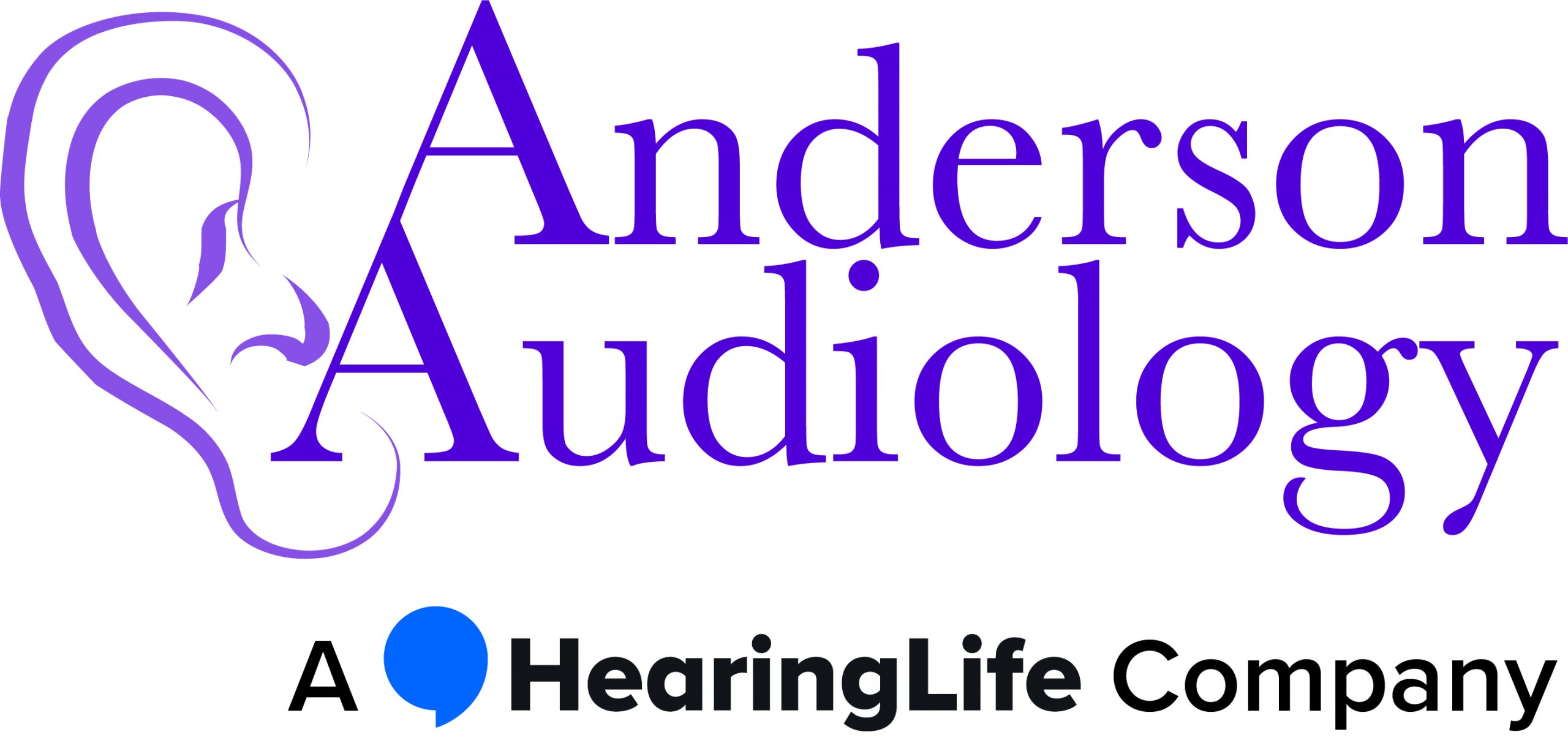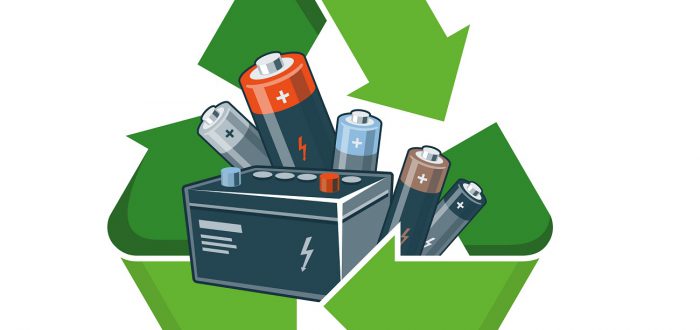If you’re one of the estimated 37.5 million Americans with difficulty hearing, you may wear hearing aids. Treating hearing loss with hearing aids can help restore your quality of life. You likely worked closely with your hearing healthcare professional to find the aids that are right for you.
Like many electronic devices, hearing aids run on batteries. There are many different styles of hearing aid batteries. They can be rechargeable or disposable.
If your hearing aid uses disposable batteries, you’re going to end up with used-up batteries. You may be tempted to just throw these in the garbage. We advise against doing this.
Instead, why not consider recycling your hearing aid batteries?
Recycling – An Overview
Each year, we’re throwing away roughly 1.4 billion disposable hearing aid batteries. That’s creating millions of tons of waste. Unfortunately, as more of us start wearing hearing aids, that number is only expected to rise.
Recycling has many benefits. Not only does it help to protect our environment, it can save money. It can also serve as a source of revenue and provide jobs.
In fact, according to the Recycling Economic Information Report, in one single year “recycling and reuse activities in the United States accounted for 757,000 jobs, $36.6 billion in wages and $6.7 billion in tax revenues. This equates to 1.57 jobs, $76,000 in wages and $14,101 in tax revenues for every 1,000 tons of material recycled.”
Recycling Hearing Aid Batteries
Unfortunately, hearing aid batteries don’t last forever. Depending on how often you use your hearing aid device, you may use quite a significant amount of batteries each year.
It’s important to dispose of hearing aid batteries appropriately. Most hearing aids use zinc-air button cell batteries. Some may contain small amounts of silver and mercuric oxide.
When thrown into landfill, over time the outer casing of the hearing aid battery will corrode. This presents the risk of potentially dangerous toxins getting into the soil or water. The amount of toxins in one battery may be negligible. However, we’ve already shown how many millions of batteries are being thrown out each year.
Recycling hearing aid batteries can benefit our environment, but there are other benefits too. The material that can be recovered from the batteries can be used in other applications. In some cases, the materials may even be used to make new hearing aid batteries!
How to Recycle Hearing Aid Batteries
Recycling your hearing aid batteries can vary from one region to the next. Some cities may have their own battery recycling program. The best way to find out, is to contact your local waste management service. They will be able to point you in the direction of appropriate recycling stations in your area.
You may also want to look into the Lions Club Hearing Aid Recycling program. The Lions Club Hearing Aid Recycling Program (HARP) “enables Lions to provide affordable, refurbished hearing aids for individuals with limited financial resources.” Donations may also be tax deductible.
In some cases, your hearing aid manufacturer may also offer a hearing aid battery recycling program. Contact your manufacturer, or check with the hearing clinic you originally purchase the device from.
We’re Here to Help You with All Your Hearing Needs!
Opting for hearing aid devices that use rechargeable batteries can also help. If you’d like to explore hearing aid models that may be suitable, the hearing healthcare professionals at Anderson Audiology would be happy to help. Call us on 702-997-2964 or click here to request an appointment online.

